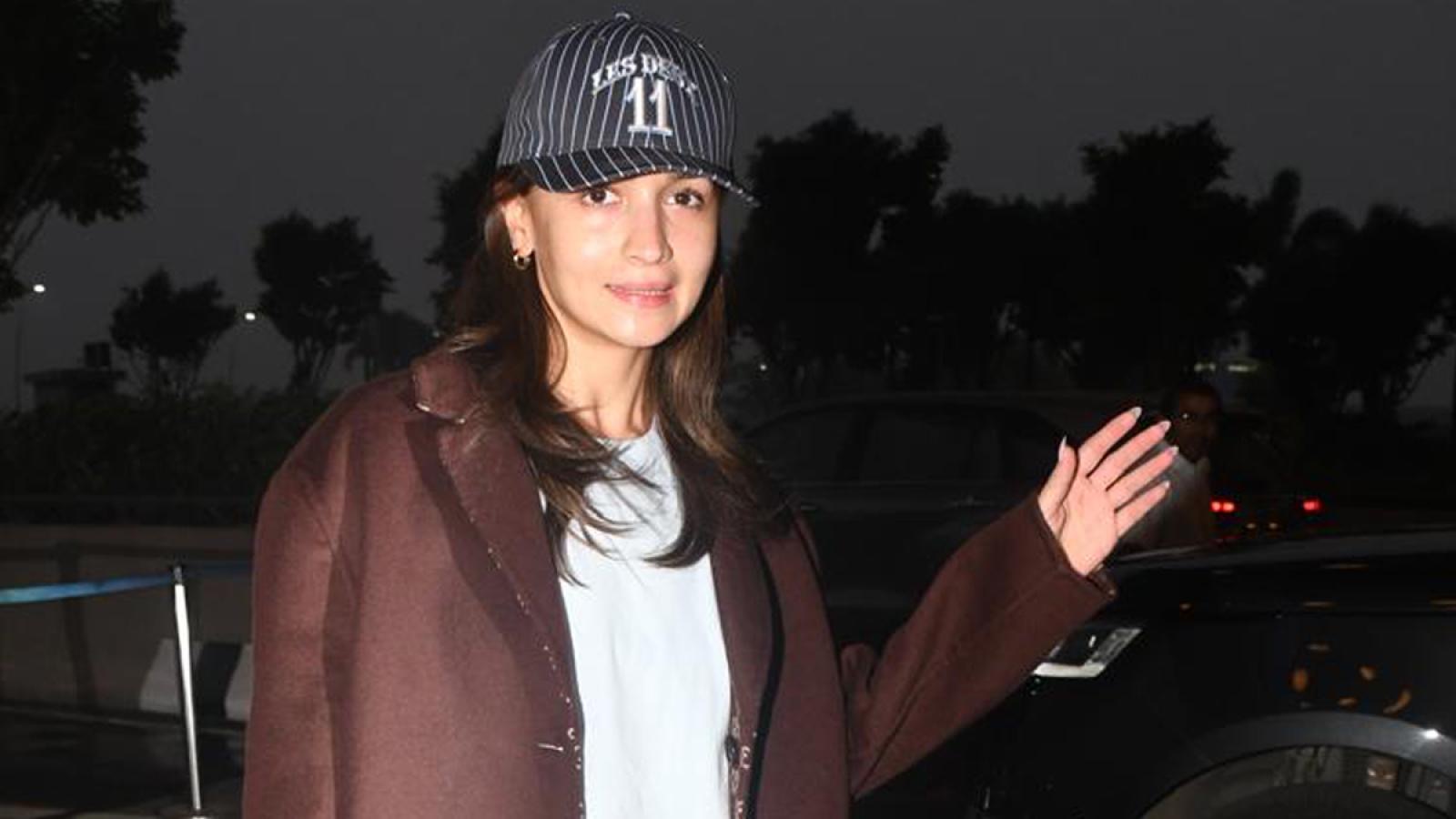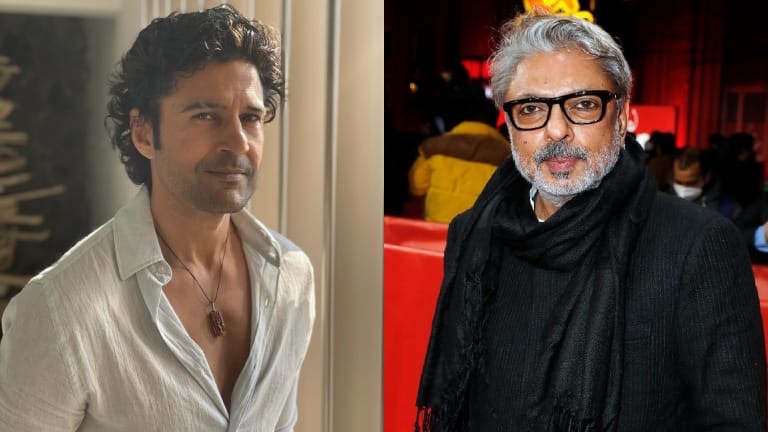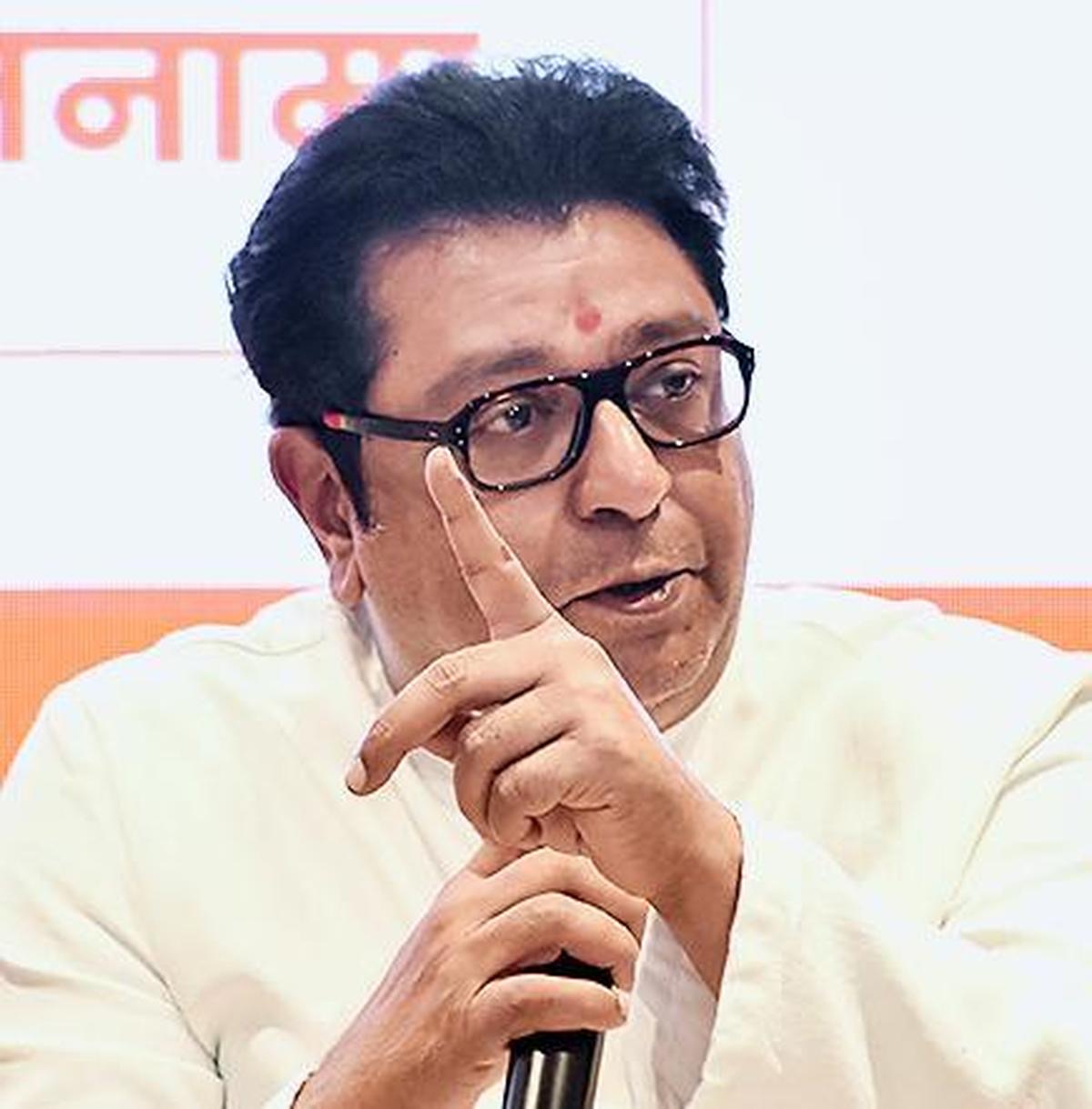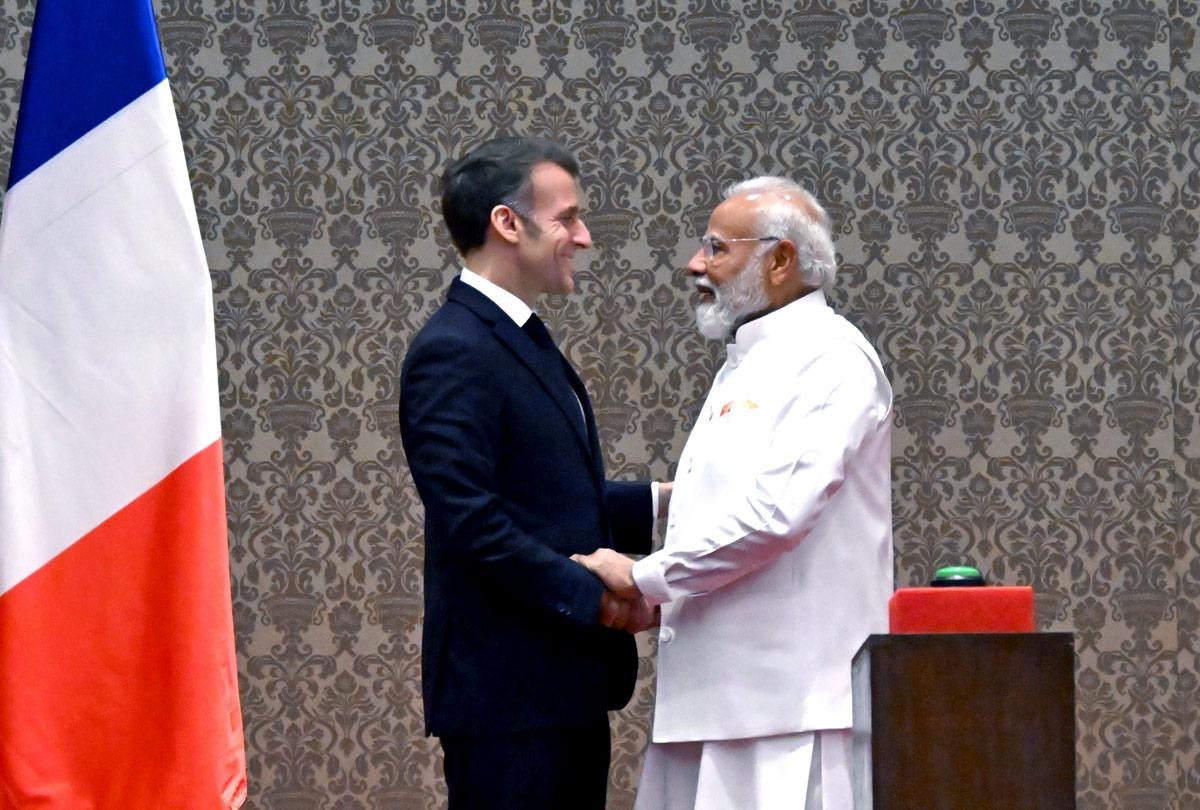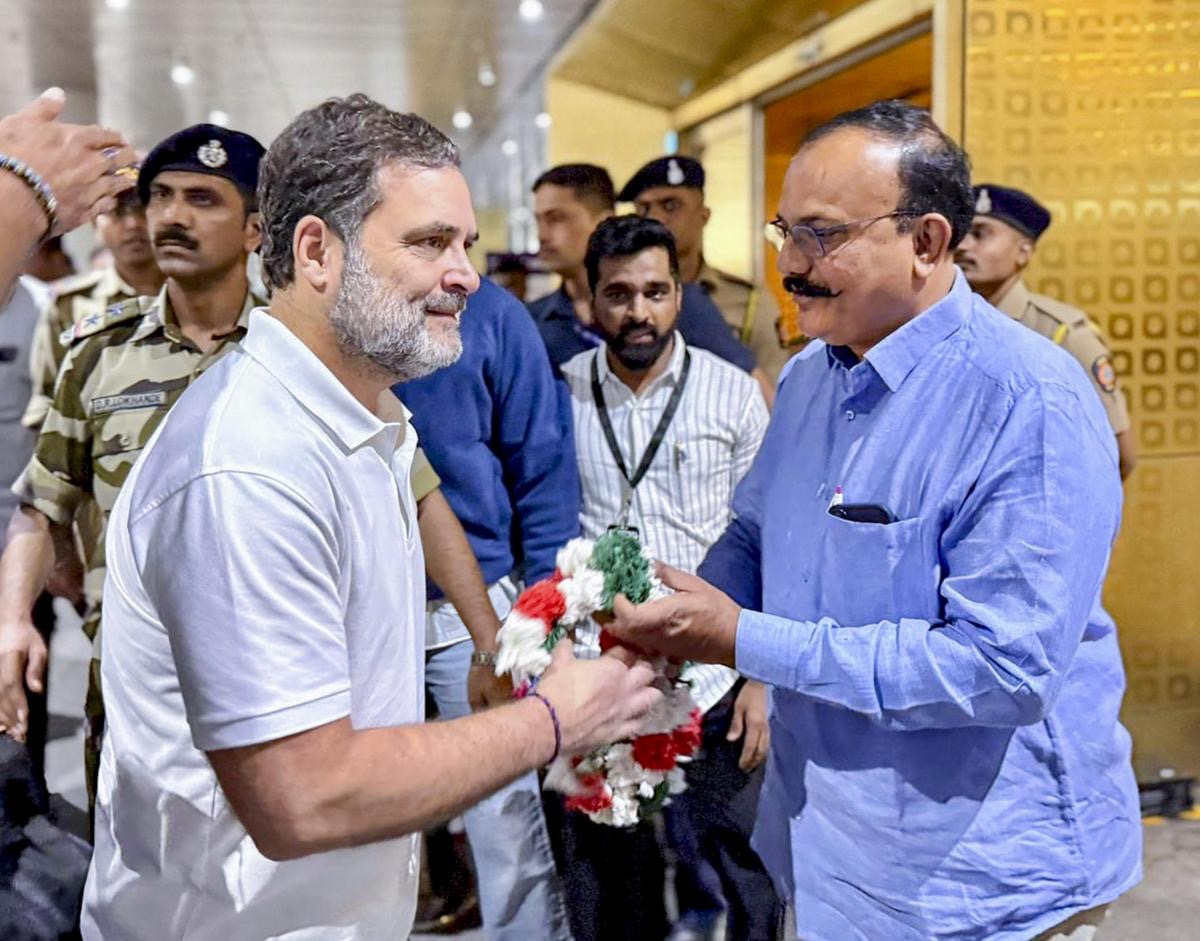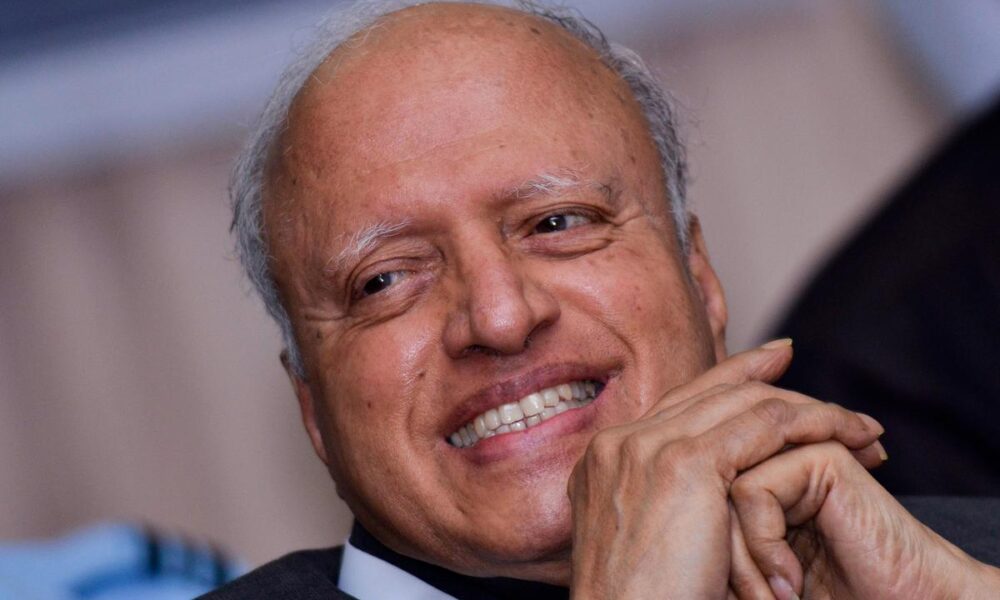M.S. Swaminathan, eminent agricultural scientist, passes away at 98 of age-related issues
Mankombu Sambasivan Swaminathan, popularly recognised as M.S. Swaminathan, the legendary agricultural scientist and a key architect of the country’s ‘Green Revolution,’ breathed his Chennai residence at 98 on 28 September owing to age-related issues.
He leaves behind his three daughters, Soumya Swaminathan, former chief scientist, World Health Organisation; Madhura Swaminathan, professor, economic analysis unit, Indian Statistical Institute, Bengaluru and former chairperson, MSSRF, and Nitya Rao, director, NISD, University of East Anglia, UK.
His wife, Mina Swaminathan, a distinguished Chair, Gender and Development, M. S. Swaminathan Research Foundation (MSSRF), had passed away in March 2022.
Born in Kumbakonam on August 7, 1925 to M.K. Sambasivan, a surgeon, and Parvati Thangammal, Swaminathan had his schooling there. His keen interest in agricultural science coupled with his father’s participation in the freedom movement and Mahatma Gandhi’s influence inspired him to pursue higher studies in the subject. Otherwise, he would have become a police officer, for which he got qualified in the late 1940s. By then, he got two undergraduate degrees, including one from the Agricultural College, Coimbatore (now, Tamil Nadu Agricultural University).
PM Modi paid tribute to M.S. Swaminathan and said that his work ensured food security for India
On obtaining a postgraduate degree in cytogenetics in 1949 from the Indian Agricultural Research Institute (IARI), New Delhi, he earned a Doctor of Philosophy degree from the Cambridge, where he met his wife, who was also pursuing higher studies there.
He did his post-doctoral research at the University of Wisconsin.
In 1954, Dr. Swaminathan joined the Central Rice Research Institute (CRRI), Cuttack and later, IARI and in July 1966, he emerged as IARI Director, the post he held till 1972. It was in the midst of this stint in his long career that he shot to fame.
The back-to-back severe drought in mid-1960s compelled the political leadership and scientific fraternity to look for solutions to overcome the “ship-to-mouth” existence when the country was dependent on foodgrains imported from the U.S.
Dr. Swaminathan worked closely with two Union Agriculture Ministers, C. Subramaniam (1964-67) and Jagjivan Ram (1967-70 & 1974-77) for the success of the ‘Green Revolution,’ a programme that paved the way for quantum jump in productivity and production of wheat and rice through adaptation of chemical-biological technology.
The discovery of Norman Bourlag, a celebrated American farm scientist and 1970 Nobel Laureate, on wheat had played a huge role in this regard.
Dr. Swaminathan, was a recipient of the Padma Shri in 1967, and was chosen for the Ramon Magsaysay award for community leadership in 1971. In 1972, he was honoured with the Padma Bhushan in January 1972.
He became Director General of the Indian Council of Agricultural Research (ICAR) and in 1979, he rose to emerge as the Principal Secretary, Union Ministry of Agriculture and Irrigation.
Notedly, when Indira Gandhi became the Prime Minister again in 1980, he was appointed Member (Agriculture, Rural Development, Science and Education), Union Planning Commission, and, for a few months, he served as the Deputy Chairman of the body.
M.S. Swaminathan recalled scene at Birla House following Mahatma Gandhi’s assassination
He headed the International Rice Research Institute (IRRI), Philippines between 1982 and 1988 in which year he returned to India, he had received many more awards and honours, both in India and outside.
It was in 1987, that he became the first to get the World Food Prize and the first foreigner to receive the Golden Heart Presidential Award of Philippines. Two years later, he was conferred with Padma Vibushan.
Immediately following his return to India in 1988, the veteran agriculture scientist established a not-for-profit trust MSSRF with the proceeds he got from the Food Prize.
The Foundation, which commemced functioning in Chennai since 1989, aims to accelerate use of modern science and technology for agricultural and rural development to improve lives and livelihoods of communities.
In November 2004, the Union government appointed
Dr. Swaminathan as chairman of the National Commission on Farmers. Popularly recognised as the Swaminathan Commission, the panel submitted five reports in two years to the Centre. Its main recommendation was that minimum support price should be at least 50% more than the weighted average cost of production.
Dr. Swaminathan was a nominated member of the Rajya Sabha from 2007 to 2013.
The first World Agriculture Prize, instituted by the Indian Council of Food and Agriculture, was given to him in October 2018.
No doubt, he had his share of controversies. As head of the ICAR, he had to bear the brunt of the attack when a senior agronomist of the IARI reportedly died by suicide following his non-selection as professor. Subsequently, the Centre set up a high-profile committee, headed by P. B. Gajendragadkar, former Chief Justice of India, to go into recruitment process of the ICAR. Later, the Agricultural Scientists Recruitment Board was constituted and
Dr. Swaminathan became the prime mover behind its creation.
News Edit K.V.Raman


